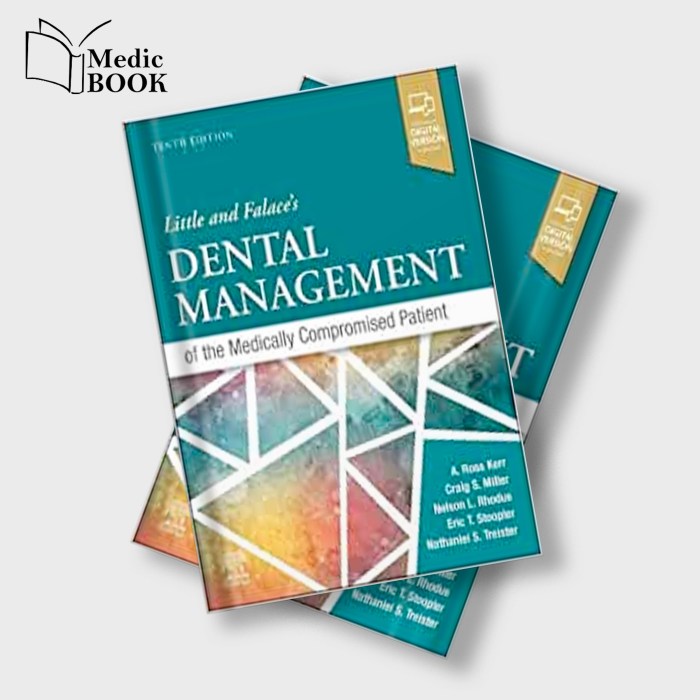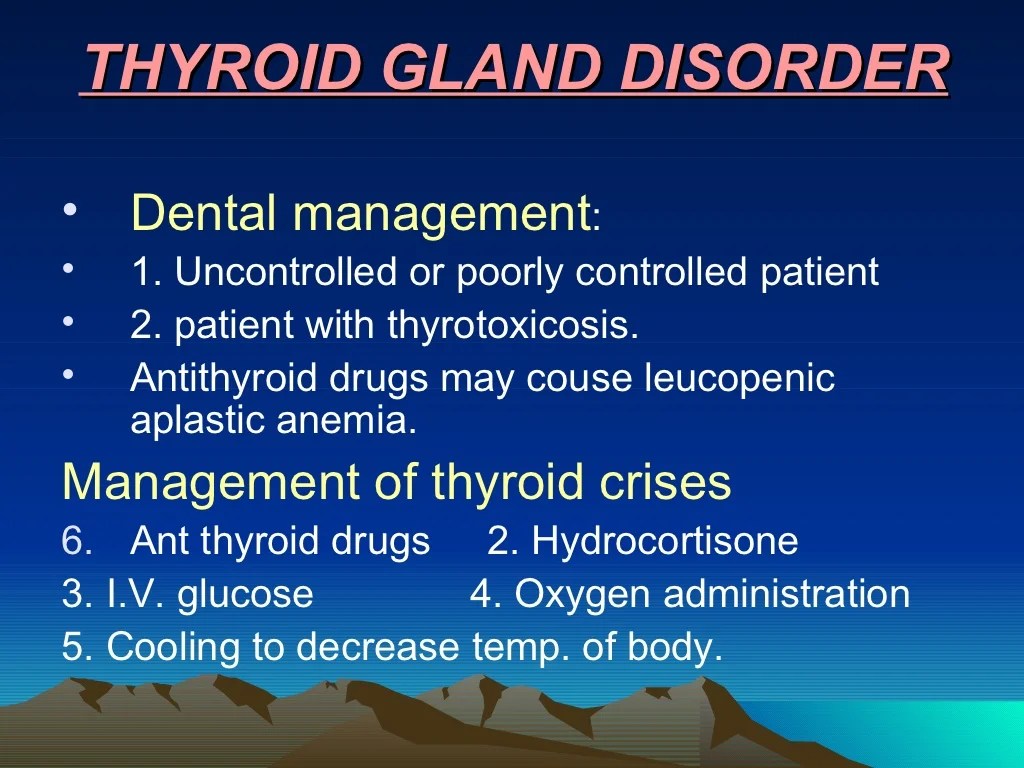Dental management of the medically compromised patient 10th edition – Dental Management of the Medically Compromised Patient, 10th Edition, is the definitive resource for dental professionals seeking to provide optimal care for patients with complex medical conditions. This comprehensive guide offers a thorough examination of the impact of systemic diseases on oral health, along with evidence-based guidelines for managing patients with a wide range of conditions, including cardiovascular, respiratory, renal, hepatic, and endocrine disorders.
The 10th edition of this essential text has been meticulously updated to reflect the latest advancements in dental care and medical management. With its in-depth coverage of medication interactions, special procedures, patient education, and ethical considerations, Dental Management of the Medically Compromised Patient, 10th Edition, empowers dentists to deliver safe, effective, and compassionate care to this vulnerable population.
Medical Considerations for Dental Management: Dental Management Of The Medically Compromised Patient 10th Edition

Understanding the impact of systemic diseases on oral health is crucial for effective dental management of medically compromised patients. Cardiovascular, respiratory, renal, hepatic, and endocrine disorders can significantly influence the oral cavity, necessitating tailored approaches to ensure optimal patient care.
Managing patients with these conditions requires a thorough understanding of their disease profiles, potential complications, and the impact on dental procedures. By adhering to evidence-based principles, dentists can minimize risks and provide appropriate care while addressing the specific needs of medically compromised patients.
Cardiovascular Disorders, Dental management of the medically compromised patient 10th edition
- Hypertension: Uncontrolled hypertension can increase the risk of bleeding and cardiovascular events during dental procedures. Dental management should focus on maintaining blood pressure within normal limits and avoiding vasoconstrictors.
- Coronary artery disease: Patients with CAD may experience chest pain or angina during dental procedures. Preoperative assessment, including stress testing if necessary, is essential to determine the patient’s tolerance for dental interventions.
- Arrhythmias: Patients with arrhythmias require careful monitoring during dental procedures to detect and manage any potential complications. Antiarrhythmic medications may need to be adjusted or discontinued before certain dental treatments.
Helpful Answers
What is the primary focus of Dental Management of the Medically Compromised Patient, 10th Edition?
Providing comprehensive guidance for dental professionals in managing patients with complex medical conditions.
How does the 10th edition differ from previous editions?
It has been updated to reflect the latest advancements in dental care and medical management.
What are some of the key topics covered in the book?
Medical considerations for dental management, dental management of specific conditions, medication management, special procedures and techniques, patient education and communication, and ethical and legal considerations.

